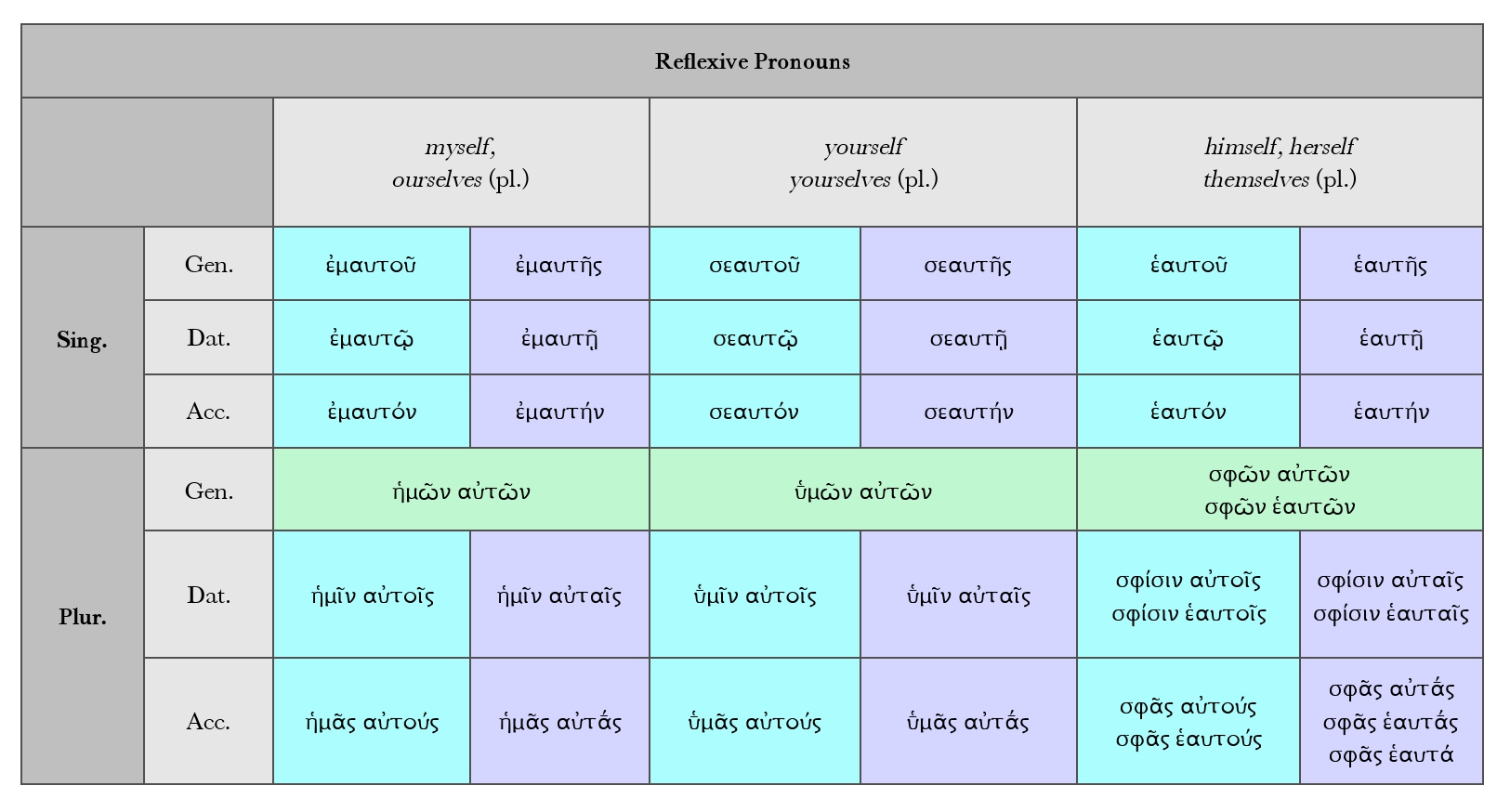

Ironically, lots of people who mistakenly use myself, yourself, etc. Please pass any comments to me or the director.Putting me first takes the edge off that ear-grating. but a little awkward soundingĮven though the two examples above are correct, they grate on the ear a little, and this doubtless contributes to writers feeling the urge to replace me with myself. Please pass any comments to the director or me.Remember that you cannot be the antecedent of myself. "Please pass any comments to the director or myself." Please pass any comments to the director or myself.Most often, writers make this mistake because they think myself sounds more formal than me. The most common mistake involving reflexive pronouns is using one when the subject of the verb is not doing something to itself. (Mistake 1) Do not use a reflexive pronoun if the subject is not doing something to itself. There is one common mistake involving reflexive pronoun and one not-so-common, but bad, one. never express yourself more clearly than you are able to think.įind the "Reflexive Pronouns" Test Click on the Two Reflexive Pronouns.The ability of you to delude yourself may be an important survival tool.Never express yourself more clearly than you are able to think.The ability to delude yourself may be an important survival tool.Note: Sometimes, the subject can be implied. If history repeats itself, and the unexpected always happens, how incapable must man be of learning from experience.If the world should blow itself up, the last audible voice would be that of an expert saying it can't be done.We forfeit three-fourths of ourselves in order to be like other people.Here are some real examples of reflexive pronouns: However, sometimes people (or things) do things to themselves, and this is when you can use myself, yourself, herself, himself, itself, ourselves, yourselves, and themselves as reflexive pronouns. In most sentences, somebody does something to someone else. (Note: The subject is known as the antecedent of the reflexive pronoun.) We often ask ourselves why we left London.( The members argued amongst the members.) The members argued amongst themselves for an hour.Using a reflexive pronoun means you do not have to repeat the subject (shown here in bold). Real-Life Examples of Reflexive Pronounsīelow are some examples of reflexive pronouns.


 0 kommentar(er)
0 kommentar(er)
